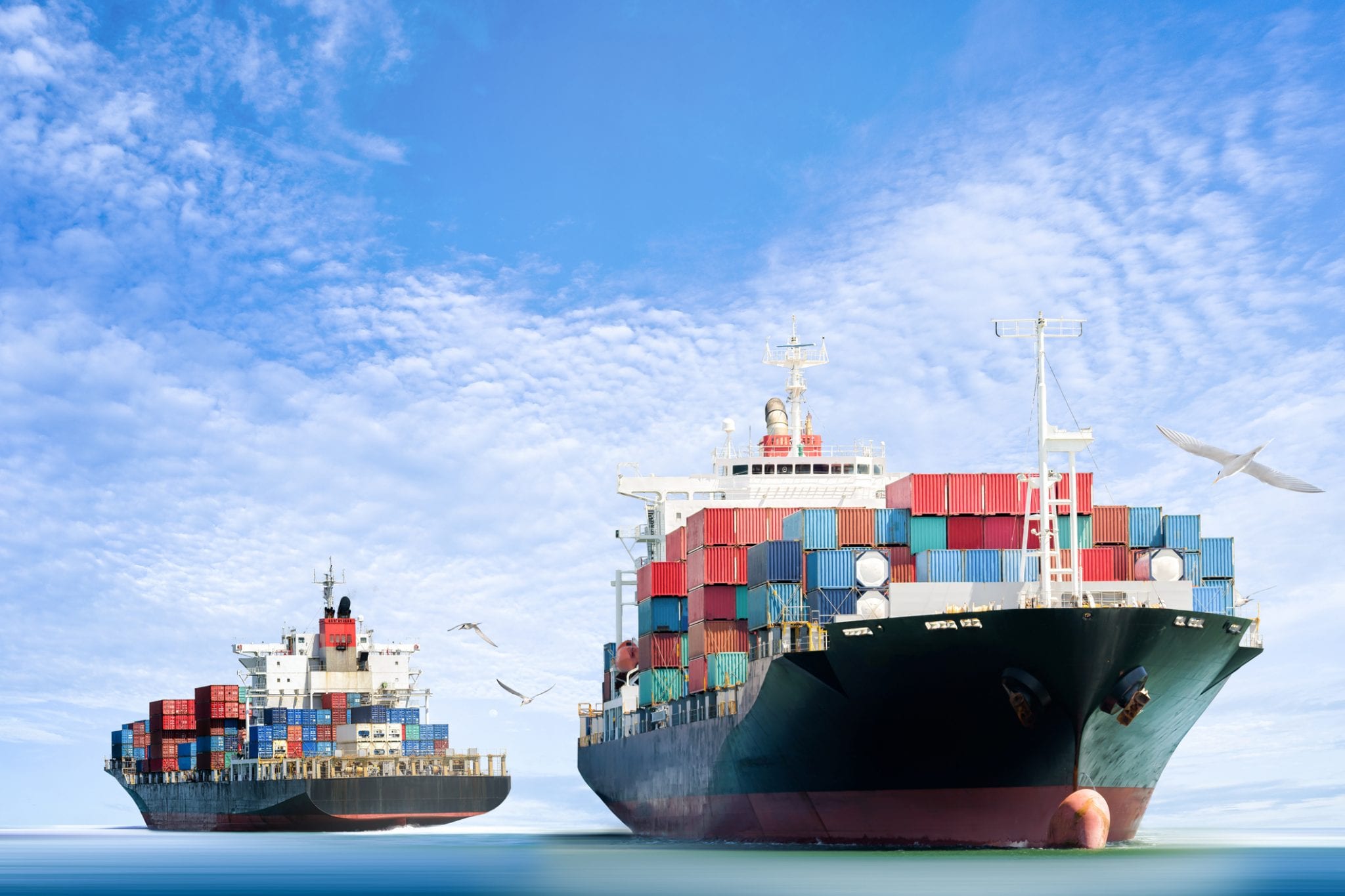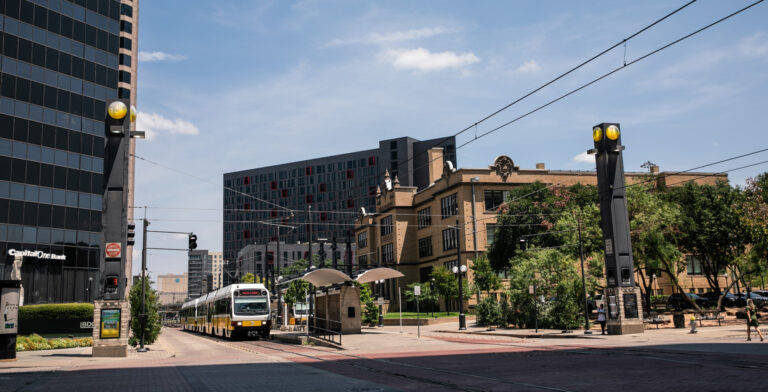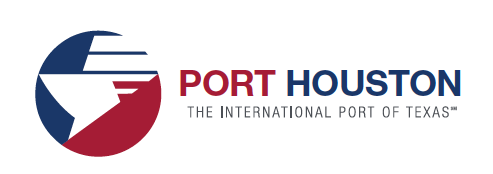
A new port dispatch center could prove to have an invaluable economic impact on Freeport area jobs, the local shipping industry and beyond.
The Port Freeport Commission voted unanimously to approve a contract for pilot dispatch services with Fort Velasco Signal Station, LLC for monitoring and managing the ship traffic coming in and out of the Freeport Harbor as the port continues to grow and flourish.
Larger ports have used and operated dispatch centers for decades to help manage their ship traffic, but it has not been economically efficient to have one in Freeport until now.
“Port Freeport has reached a growth level where the users of the channel must truly share the waterway,” said Billy Burns, president of the Brazos Pilots Association.
The Brazos Pilots Association, along with Port Freeport and industry leaders Dow Chemical, Enterprise Products, Freeport LNG and Phillips 66, are jointly sharing in the cost to operate the dispatch center at no costs to the taxpayers. The dispatch center is expected to be housed in the association’s headquarters.
“Freeport LNG congratulates Port Freeport and the Brazos Pilots Association on its new Pilot Dispatch Center. The center will enhance the safety and efficiency of port operations,” said Heather Browne, director, corporate communications, Freeport LNG. “We look forward to our continued work with both the Port and the Brazos Pilots Association as Freeport nears the substantial completion of its liquefaction project.”
“The Pilots’ knowledge of the port and the Freeport Harbor Channel play an integral role in the movement of commerce in this region. They are a strong asset for the entire Freeport Harbor community, and the addition of the new dispatch service will support the growth in the port and ensure safe, efficient navigation along the channel,” said Port Commission Chairman Paul Kresta. “It will give the pilots mobile access to the timely, accurate information they need to schedule and perform their jobs.”
With significant growth in vessel traffic over the last two years and more facilities coming on line, Freeport has grown into a bustling port. “We are modernizing how we do business to keep up with the growth,” Burns said.
“The new dispatch service will allow channel users, agents, the U.S. Coast Guard, and law enforcement to have complete visibility to vessel scheduling and through a secure web interface. It allows all users to share information, so everyone is working together. A much more efficient, safer and effective movement of goods is the result.”
The Freeport Harbor Channel is a leading economic catalyst for the Texas Gulf Coast. According to a Texas A&M Transportation Institute study, as of 2016, the channel generated 126,000 direct, indirect and induced jobs with a total annual economic impact of $46.2 billion. In 2018, more than 900 vessels called the port, carrying over 17 million tons of cargo. Port Freeport is ranked 19th among U.S. ports and 5th in Texas in total tonnage.
Source: Port Freeport







